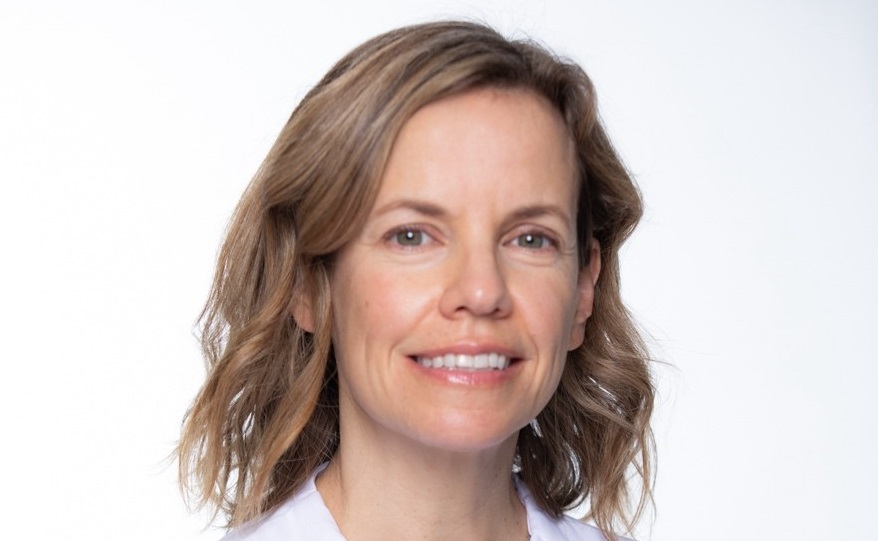
Geleen, October 22, 2024
Matisse Pharmaceuticals B.V., a clinical stage company developing a medicinal product for the treatment of sepsis, announces the appointment of Prof. Carolyn Calfee to the Scientific Advisory Board.
Carolyn S. Calfee, MD MAS is Professor of Medicine and Anesthesia at the University of California, San Francisco, where she attends in the intensive care units. She received her medical degree from University of Pennsylvania and completed her residency, chief residency, and fellowship at University of California, San Francisco. Her primary academic focus is the pathogenesis and treatment of the acute respiratory distress syndrome (ARDS), with special interest in molecular phenotypes and precision medicine in critical care, the role of environmental exposures in acute lung injury, and novel treatments for ARDS and sepsis.
“We are delighted that Carolyn has agreed to strengthen the Scientific Advisory Board. She brings along broad critical care experience with specific knowledge on respiratory infections and sepsis. Her knowledge will be of great importance for taking the right steps to bring the first effective treatment targeting the root cause of sepsis to the millions of patients who need it. With her appointment, we now have a well-balanced board with worldwide renowned sepsis and critical care experts in the US, Canada, UK and the Netherlands”, says Marcel Jacobs, Chief Executive Officer of Matisse pharmaceuticals.
The Matisse Scientific Advisory Board is chaired by Prof. Chris Reutelingsperger (NL) who is one of the inventors of Matisse’s M6229. The board members include Prof. John Marshall (CAN), Prof. Mervyn Singer (UK), Prof. Tom van der Poll (NL) and Prof. Carolyn Calfee (US). Carolyn, Tom, John and Mervyn are all member of the International Sepsis Forum. The International Sepsis Forum (ISF) is a group of global experts in the epidemiology, pathogenesis, management, outcomes and prevention of Sepsis.
About M6229 and sepsis
According to the WHO, sepsis is one of the leading causes of death worldwide. Currently, there is no effective treatment against sepsis. From the 49 million patients globally suffering from sepsis every year, more than 20% die. Approximately 40% of the sepsis cases are children under the age of 5, with close to 3 million children not surviving sepsis. According to a study by Buchman et al. (2020), published in the Journal of Critical Care Medicine, sepsis is the most common cause of in-hospital deaths, costing over $62 billion annually in the USA alone.
Matisse’s platform technology is based on the discovery that in most patients suffering from sepsis, proteins called histones are released into the blood stream by the innate immune system and apoptotic and/or necrotic cells, where they are toxic to other cells. Due to this self-enforcing cascade, people may die from organ failure within one or two days. Preclinical results have shown that by irreversibly binding the toxic circulating cationic histones with Matisse’s highly anionic product M6229, the negative cascade is inhibited. In a first in human clinical study, performed at the intensive care unit (ICU) of the Amsterdam University Medical Center, in total 10 critically ill patients in ICU setting received a six-hour IV infusion of M6229. This study met its primary objectives, showing favorable safety and tolerability as well as close to dose-proportional pharmacokinetics of IV administered M6229 in critically ill patients with sepsis. The study also showed pharmacodynamic effects on histones, CRP levels and SOFA scores. Based on available data, it is concluded that the infusion with M6229 should be started as soon as possible after patients are diagnosed with sepsis to be most effective. Matisse Pharmaceuticals is preparing for a Phase II clinical study in critically ill sepsis patients
About Matisse Pharmaceuticals
Matisse Pharmaceuticals B.V. was founded in 2014 in Geleen, the Netherlands. Matisse targets life-threatening inflammation by neutralizing cytotoxic components of the inflammatory system. Its M6229 program is aiming at the development of a medicine to fight sepsis and septic shock.
